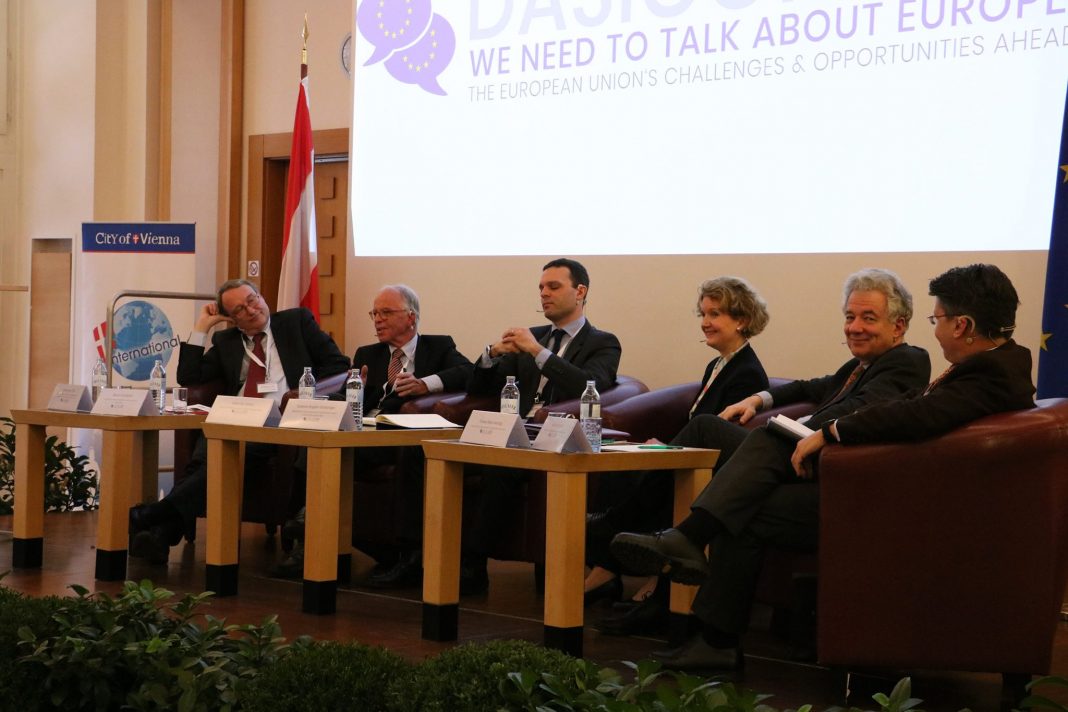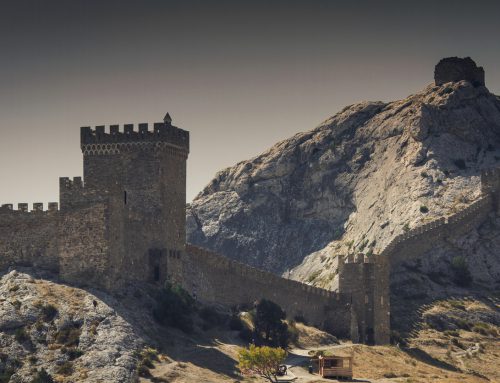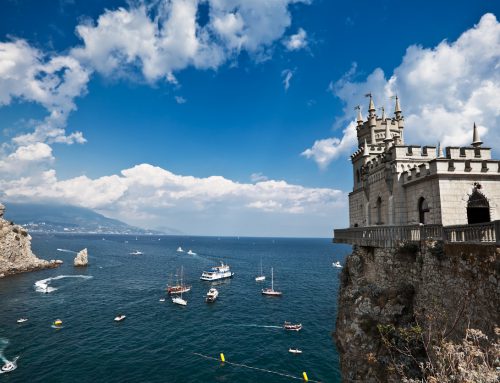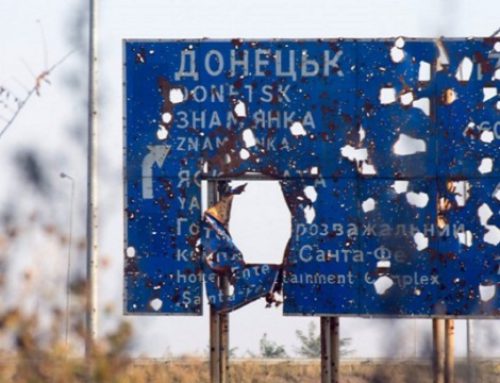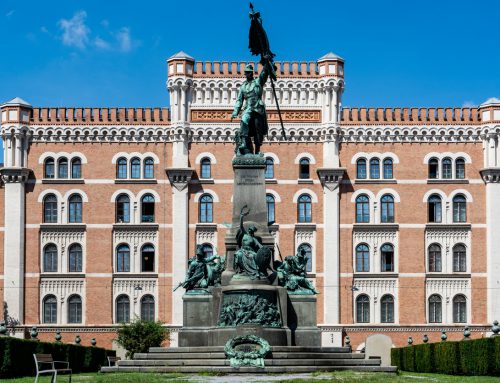By: Dariia Skovliuk
The European Union is facing new challenges, particularly in regards to its decision-making and the Ukrainian crisis, according to a panel of experts gathered at the Diplomatic Academy of Vienna to discuss the EU as a global actor.
The Diplomatic Academy Students Initiative Conference (DASICON) welcomed a panel of five academics and practitioners to the Diplomatic Academy of Vienna on March 2 to talk about challenges and opportunities for the European Union. The opening panel provided audience members with an understanding of the EU’s standing in the world, based on its decision-making and policies towards other international actors like the US, Russia, and Central Asia. As a major actor of international relations in Europe, the EU is responsible for the adequate responses to the current challenges that shape its current position and the future.
Werner Fasslabend, President of the Austrian Institute for European and Security Policy (AIES) reminded audience members that the EU is not a national actor, which poses a major challenge in regards to its decision-making. “The EU is rule-based institution and thus, it has to find a balance between its members interests that is to be done in a democratic way,” Fasslabend said.
Nevertheless, according to Servatius van Thiel, Minister Counsellor at the Delegation of the European Union to the International Organisations in Vienna, the EU has indeed succeeded in achieving its coordinated position. This is positive for the Member States as it gives them a stronger starting position in negotiation. Van Thiel assured the audience the narrative about the Member States never agreeing on a common position due to interests’ differences was nonsense. The process is “a little bit slow” he says, but in 80-90% all decisions very are taken “quick and with a common sense.”
Gerhard Mangott, Professor of International Relations at the University of Innsbruck, claimed that it is not so much the EU’s decision-making that frustrates those outside the union, but rather what he views as a selective application of the international law.
Mangott pointed specifically to the role of the EU in the Ukrainian crisis compared with what he termed a “dubious legal basis” toward rule-based American military presence in Syria. “The Russians don’t see the European Union as an independent actor; rather, it is seen as closely aligned with the United States and takes much of what it does from transatlantic advice, particularly in regards to the Russian Federation. That’s at least the Russian perception,” Mangott said.
Thomas Mayr-Harting, Austrian diplomat and Managing Director for Europe and Central Asia, European External Action Service, agrees that the EU is certainly not acting as a global police force, which he does not see as its main role or ambition. “The EU is a global provider of international aid, and a main voice for global cooperation in international development,” Mayr-Harting said. Therefore, the EU is considered to be a normative power, which keeps to the norms and values it sets. At the same time, Mr, Thomas Mayr-Harting agrees that it is not always easy to reach a common position within the EU due to the fundamental differences of opinions among the Member States, pointing to the Iraq war as an example.
The same problem applies to the Ukrainian crisis, which was stressed by Alexander Scherba, the Ambassador of Ukraine, who was present in the audience. Scherba questioned Mayr-Harting, who stated that the EU does not yet have a clear yes to Ukraine. Instead the recent Summit on the Eastern Partnership illustrated there is no consensus among the Member States with regards to membership. However, Mayr-Harting argued, there was no consensus on a clear no either.
Still Mayr-Harting said, it’s important to look at the role and ambition of the European Union in regards to Ukraine, particularly in light of the discussion over whether it is a global actor. “The EU is engaged in all sorts of areas of conflict prevention and conflict regulation but even relatively close to its own borders in Ukraine, it does a lot of things but it cannot do them on its own without other international partners.”
Yet Mayr Harting argues, “It depends on how you define the world global actor. If it’s about defending global ideas and being present on the global scene,” he said. “Then the European Union is indeed a global actor.”
